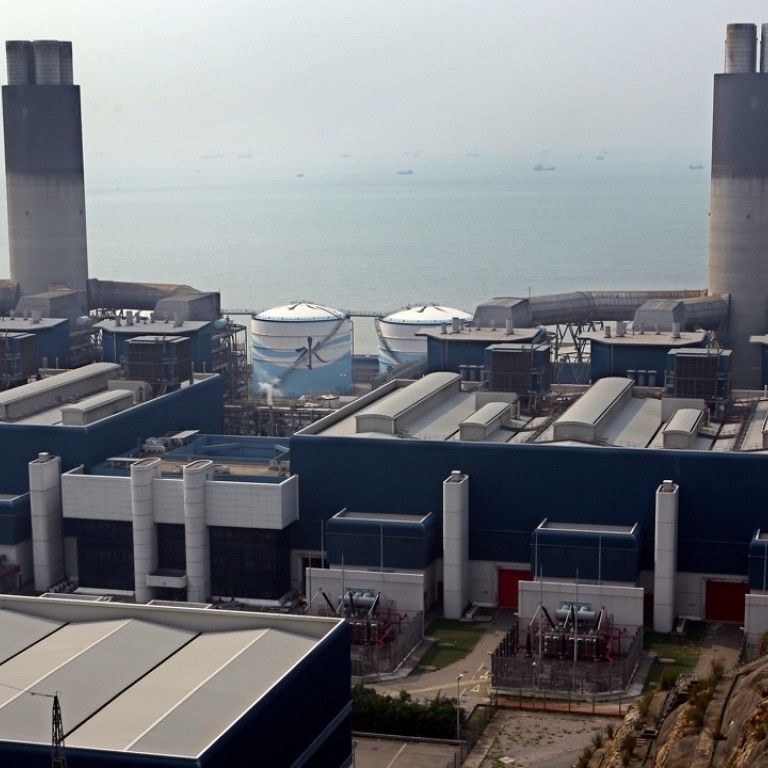
Hong Kong’s switch to natural gas will delay vital steps to tackle climate change
On April 25, the government announced the new 15-year scheme of control agreements with the two power companies. Secretary for the Environment Wong Kam-sing praised the agreements for introducing mechanisms such as feed-in tariffs, incentives for energy efficiency and renewable energy, and moving away from coal.
At first glance, these measures sound great for placating green groups’ concerns. However, the transition from coal to natural gas carries dubious benefits. It is true that natural gas is less carbon-intensive and polluting than coal. But it is still a fossil fuel. In fact, methane – the main component of natural gas – is a greenhouse gas that is 86 times more potent than carbon dioxide over a 20-year period. So much so that all it takes is a 1 per cent leakage rate to offset any benefits that natural gas may bring to mitigating climate change.
Natural gas is a false prophet. The much-touted transition will only delay the already late and much-needed steps to tackling climate change. We need, instead, to reduce frivolous energy use, raise energy efficiency, and switch to truly clean energy sources. For less avoidable energy use, the government should work with the power firms to provide direct subsidies to home owners to afford home energy efficiency upgrades. Long-term, low-interest loan schemes could be offered for property owners looking to refurbish existing buildings.
Of course, improving the demand side alone is not enough if our energy source is still dirty. Cities such as Vancouver and Malmö have already committed to reach 100 per cent renewable energy in the next few decades. Our government must also develop a renewable energy strategy for Hong Kong and set an ambitious target to provide a sustainable source of power. Voluntary actions with incentives are not sufficient. Carrots have to be paired with sticks for not meeting targets.
Although a feed-in tariff was briefly mentioned in the agreements, scant details were offered. Such a policy can promote small-scale renewable energy development. However, the power companies must offer a good enough price . Macau, for example, offers a rate of HK$4 per kWh (kilowatt-hour ) of solar power produced.
In their own words, the agreements are supposed to “fully reflect the government’s commitments to reducing energy intensity and combating climate change”. If that is truly the case, then there is much more that must be done.
Wendell Chan, project officer, Friends of the Earth (HK)

